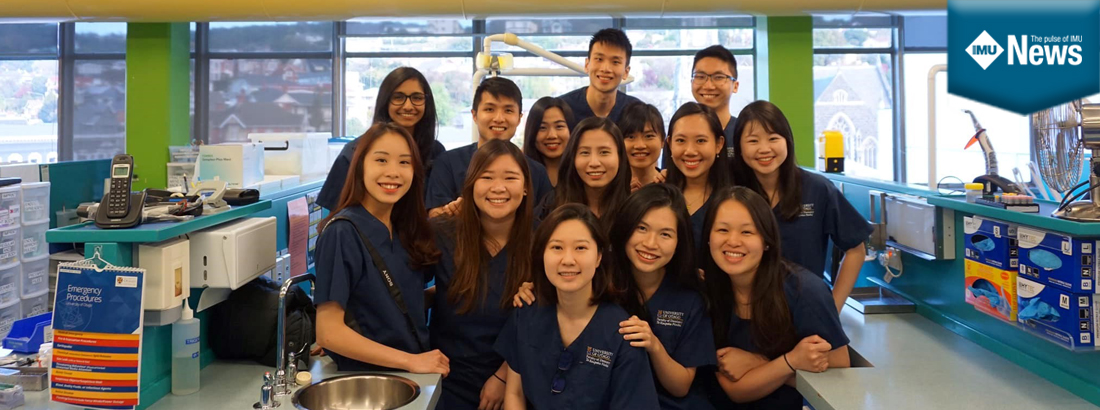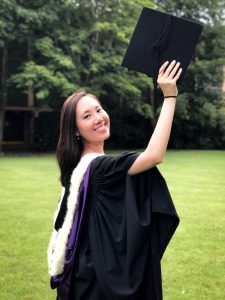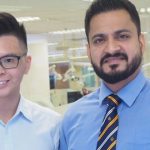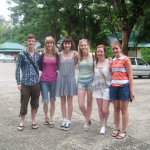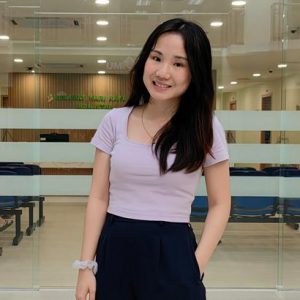Regine Li Wen Phua started her studies in dentistry at the International Medical University (IMU), Malaysia in 2014 and transferred to University of Otago in New Zealand after 2.5 years for completion of her degree. 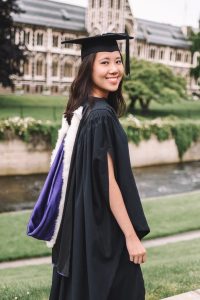 She recently graduated from the University of Otago, New Zealand in December 2018. She shares her research experience in Oral Pathology here. My journey through dental school will always be a memorable experience. The goal was focused on becoming a competent clinician but never had I ever imagined that I would also be groomed into a woman of science. International Medical University (IMU) and the University of Otago believe in an education coloured by research. I have been blessed to attend not only one, but two universities that have prepared me to be more than just a dentist. My first taste of research began in my final clinical year in Otago where I was given the opportunity to work with the Department of Oral Diagnostic and Surgical Sciences.
She recently graduated from the University of Otago, New Zealand in December 2018. She shares her research experience in Oral Pathology here. My journey through dental school will always be a memorable experience. The goal was focused on becoming a competent clinician but never had I ever imagined that I would also be groomed into a woman of science. International Medical University (IMU) and the University of Otago believe in an education coloured by research. I have been blessed to attend not only one, but two universities that have prepared me to be more than just a dentist. My first taste of research began in my final clinical year in Otago where I was given the opportunity to work with the Department of Oral Diagnostic and Surgical Sciences.
| My Research |
|---|
| Certain lesions that grow in a jaw can be locally destructive with a tendency to recur after conservative surgical treatment. The objective of my research was aimed at providing answers as to why some jaw cysts and tumours are more aggressive than others.
My primary focus was placed on myofibroblasts, which are very interesting cells indeed. Myofibroblasts perform normal functions in our body such as wound healing but they can also lead to a cascade of events that promote tumour invasion and progression. Immunohistochemistry was the main methodology of my study and involved a special staining process that uses antibodies for detecting antigens in cells of a preserved tissue section. With this, I was able to provide evidence that the cells myofibroblasts, the mediator transforming growth factor-b1 and the enzyme matrix metalloproteinase-2 do play a role in imparting aggressive behavior in certain jaw lesions. Ultimately, these results hold prognostic implications and allow clinicians to better manage patients with biologically aggressive jaw cysts and tumours. |
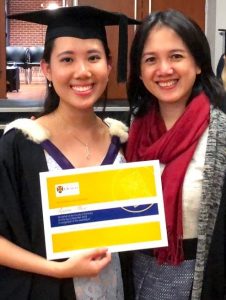 I am truly grateful for a positive experience in the field of research that was made possible by the support of my family, friends and inspiring supervisors, Dr Haizal Mhd. Hussaini, Dr Benedict Seo and Prof Alison Rich. They have brought out the little scientist in me and have guided me to accomplish something new.
I am truly grateful for a positive experience in the field of research that was made possible by the support of my family, friends and inspiring supervisors, Dr Haizal Mhd. Hussaini, Dr Benedict Seo and Prof Alison Rich. They have brought out the little scientist in me and have guided me to accomplish something new.
Receiving the Royal College of Pathologists of Australasia (RCPA) Research Scholarship (2017), New Zealand Dental Association Summer Research Scholarship (2018) and the New Zealand Research Foundation Prize (2018) has helped me to achieve a new level of confidence. More importantly, I have cultivated a taste for complexity, for problems and for problem solving. I strongly encourage students to get more involve in becoming a person of science as it shapes us to be better clinicians who are able to assimilate new knowledge and adapt to changes in the profession.




